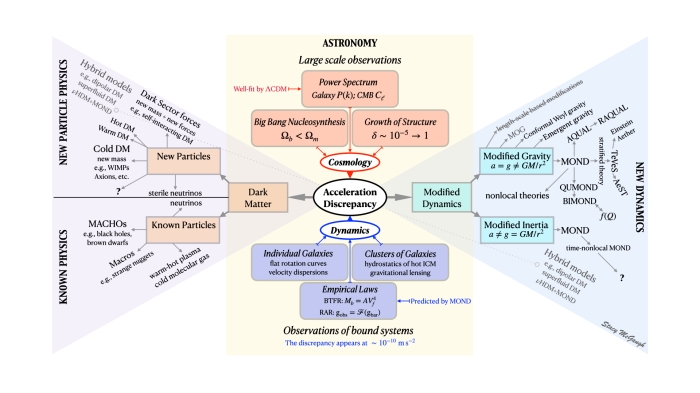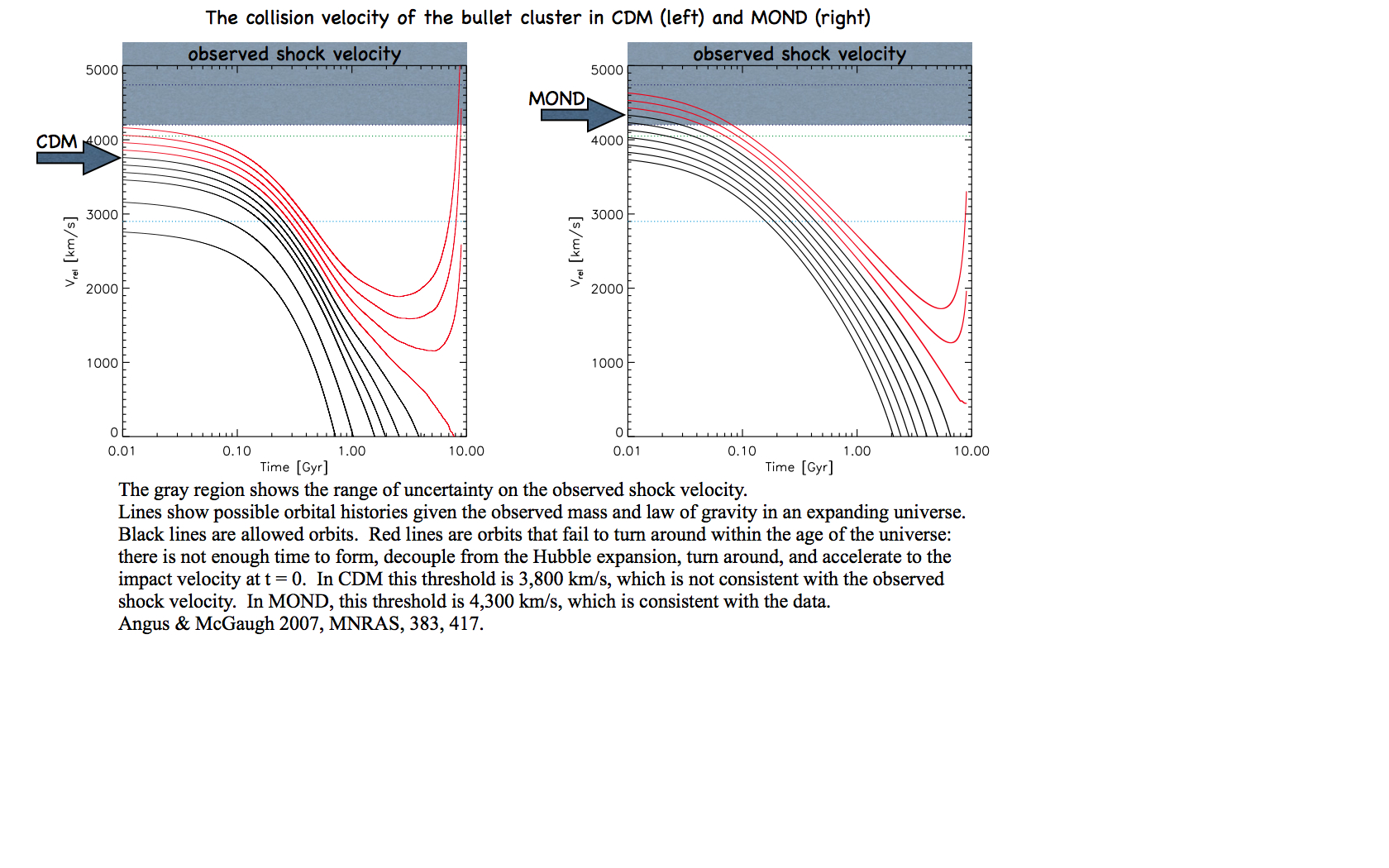
I recently traveled to my first international meeting since the Covid pandemic began. It was good to be out in the world again. It also served as an excellent reminder of the importance of in-person interactions. On-line interactions are not an adequate substitute. I’d like to be able to recount all that I learned there, but it is too much. This post will touch on one of the much-discussed topics, our own Milky Way Galaxy.








